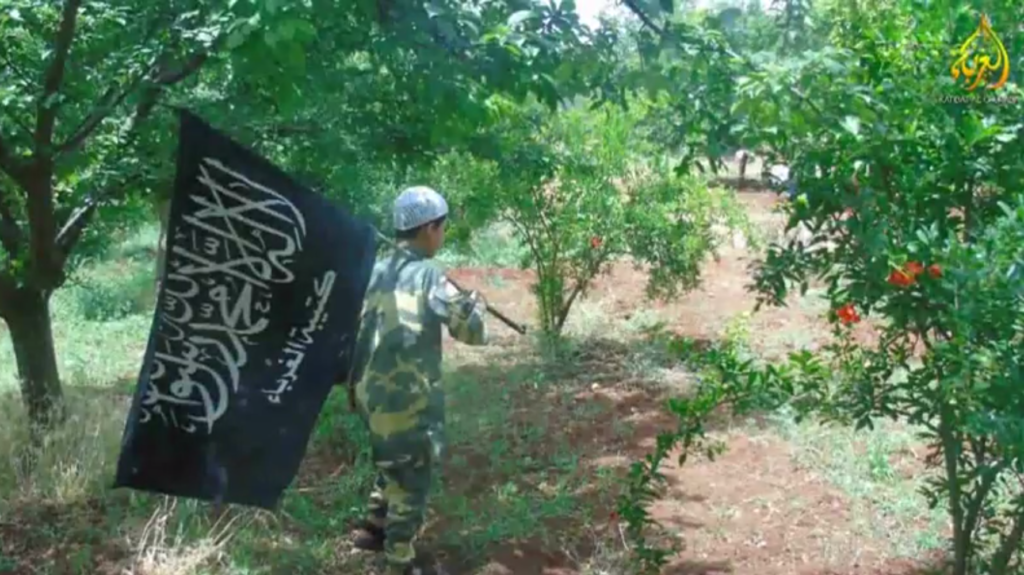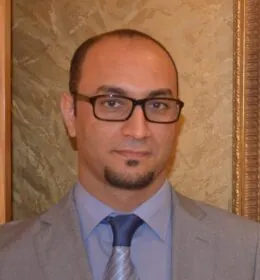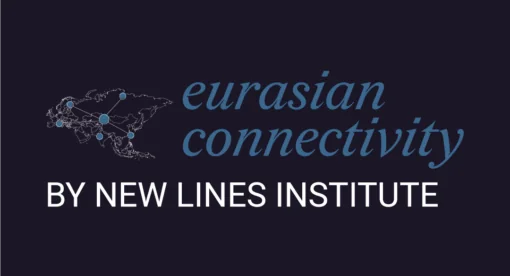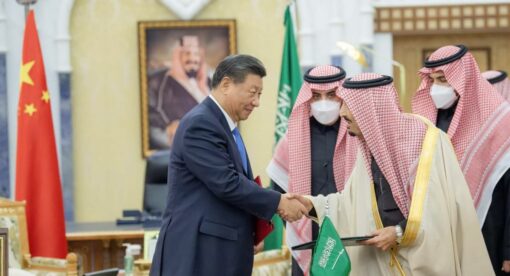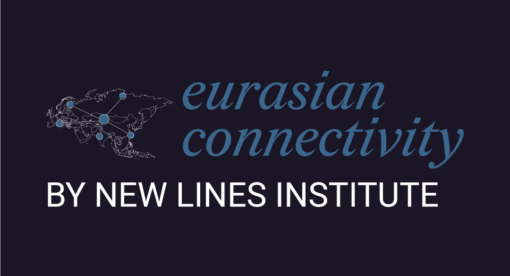Uighur transnational jihadists fighting in Syria have served as a force multiplier for insurgents there. Without a substantial intervention by the United States, Uighur fighters could gain ground in Idlib, the only Syrian province that still has a large local and foreign jihadist presence.
Uighur jihadists in Syria pose an overlooked yet significant regional and international security problem. They are likely to become a greater threat if fighting in Idlib winds down and the province is not decisively captured by a strong state or nonstate actor hostile to jihadist groups.
Uighur Militants Find Their Place in Syria
After the Syrian regime recaptured southern and central parts of the country from various rebel groups that would otherwise compete with or constrain extremist factions, Idlib emerged as the sole Syrian province with a substantial foreign and local jihadist presence. Uighur militants, therefore, operate in an increasingly favorable environment and are further strengthened by their working relationship with the al Qaeda offshoot Hayat Tahrir al-Shaam (also known as HTS, formerly Jabhat al Nusra), which sometimes includes fighting alongside the HTS ranks.
Veterans of the Afghan wars, Uighur militants have become known in Syria for their ideological fealty and their fighting prowess. They played a vital role in key battles against the regime over the years, such as Jisr al-Shughur and Abu al-Duhur airbase, the battles that consolidated rebel control over the entire Governorate of Idlib in 2015. Their role became even more central as jihadists crowded out or replaced other, more mainstream, rebel factions. In this context, military competence and ideological solidarity are valuable and have helped embed Uighur jihadists in the broader militant landscape.
As adherents to a transnational jihadist ideology, Uighur militants see the battle for an Islamic realm as indivisible. While they hold parochial grievances against the Chinese government, China is a restrictive environment. Syria offers a more hospitable opportunity against perceived anti-Muslim enemies and, given its central role in Islamic history, an alluring mission. Hence, Uighur fighters headed to Syria after 2011 to fight Bashar al Assad’s Alawite regime in defense of Sunni Islam.
The Uighur presence in Idlib began with the arrival of about 700 families. This population established the Syrian node of the Salafi-jihadist Turkistan Islamic Party (TIP), fielding about 1,500 fighters in Syria as of early 2015 (according to rough estimates from sources on the ground), although the exact numbers are unknown and widely contested. A Syrian security source told this author that TIP has about 4,300 fighters, and the regime’s ambassador to Beijing estimated that Chinese fighters are numbered between 4,000 and 5,000 in the country. TIP fought the regime on several fronts, most notably Kabani in the northeastern countryside of Latakia (in part due to TIP’s preference for isolated, rough terrain) and rural southeast Aleppo.
TIP as Relationship Broker
The Uighur fighters developed a reputation as ideological purists loyal to al Qaeda. Many Syrians affiliated with HTS perceive them among the most capable foreign fighters. To operate in Syria, Uighur fighters have developed complex relationships with local jihadist groups, including the Islamic State, or ISIS. They have tended to avoid confrontation with ISIS on the principle of ideological affinity and likely admire the Islamic State’s fighting prowess. More broadly, they have built goodwill among jihadist fighters in Syria, mediating between HTS and Jund al Aqsa (a suspected ISIS front) in Idlib in 2016-2017 and HTS and the al Qaeda affiliate Huras al-Din in 2019. The presence of a number of Uighurs in ISIS ranks may have facilitated TIP’s mediation efforts.
TIP’s sophisticated approach to relationship management is likely to facilitate a broader jihadist presence in Syria, in part by helping prevent such groups’ strong tendency toward infighting. Uighur jihadists’ reputation as committed fighters who have remained “above the fray” of the infighting that has engulfed most Syrian militias will contribute to their staying power. Additionally, while jihadist groups have suffered militarily and reputationally, the Uighurs remain relatively unaffected, and states have not singled them out for attack. The relationship between some Uighur foreign fighters and ISIS is noteworthy, given the broader hostility between al Qaeda and the Islamic State. When ISIS took control of large parts of eastern Syria, about 400 Uighur families entered Raqqah – including about 1,200 fighters who initially stationed in the “Qurain Reserve,” also called “Abu Musab al-Zarqawi’s camp.” A number of Uighur families were then moved to the ISIS-held Deir ez-Zor countryside and were assigned leadership and training supervision roles. Uighurs also fought alongside ISIS in Latakia and Hama in 2013-2014 (though they limited such operations to Syria and did not assist ISIS in Iraq). Some remained with ISIS until it lost its final Syrian territory of Baghuz on March 19, 2019. Family members were transferred to the Al-Hol camp in northeast Syria, where there are now an estimated 2,000 persons of Chinese origin, according to official sources from the camp. Fighters joined ISIS members in detention in US-controlled prisons.
The Uighurs’ Status in Syria
The ISIS-Uighur link has weakened amid the former’s strategic setbacks, but TIP remains active and influential in northwest Syria. Capturing and detaining Uighur extremists will prove difficult. Aside from the military obstacle, Uighur fighters lack proof of identity, having discarded their identification documents upon entering Syria. Officials at Al-Hol camp say that those claiming to be Chinese nationals have no documents to prove it, complicating any effort to repatriate them to China. This coincides with increased social and political tensions between Uighur Muslims and the Chinese government, which has faced international condemnation for repressing the Uighurs. In such a climate, Beijing is likely to have little appetite for returning Uighur jihadists or their families.
The Uighurs are disproportionately influential in northwest Syria’s military landscape, and their entry into the Syrian battlefields has been a force multiplier for anti-regime insurgents. As the contest for Idlib grows fiercer, their importance will only increase. They have already distinguished themselves in frontline and suicide operations – a proficiency that HTS will try to exploit as it comes under military pressure (a recently released video showed its leader, Abu Muhammed al-Jolani, urging suicide attacks).
The Uighur jihadist presence in northwest Syria is robust, founded on a combination of military skill, local goodwill, and effective relationship management. This makes the Uighurs well-placed to either participate in international attacks or protect and empower groups that do. Furthermore, there is nowhere for these fighters or their families to go, assuring the problem will linger. A joint U.S.-Russian-Turkish effort to pacify Idlib and fill its ungoverned spaces would be ideal, but is extremely unlikely.
Abdullah Al-Ghadhawi is a Syrian journalist and analyst from Deir ez-Zor. He has extensively written on Syria and the Middle East, including for the Saudi newspaper Okaz and the London-based Chatham House. He Tweets at @GhadawiAbdullah.
The views expressed in this article are those of the author and not an official policy or position of the Newlines Institute.

